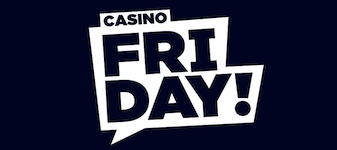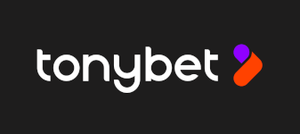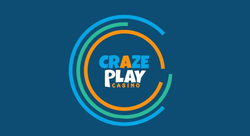The administration of Kahnawake is situated in the Mohawk Territory of Québec. It is considered as one the more renowned online casino and gaming regulators worldwide. The Kahnawake Gaming Commission (KGC) was established in 1996, with the aim to aid casinos of offering professional service levels to players while being both accountable and reliable.
Since the Kahnawake Gaming Commission's creation, it has become an important body for licencing and regulating casino gaming in Canada and North America. It does this by working with numerous other licensing and regulatory authorities such as Alderney and Malta. This does not mean to suggest that the KGC is in any way similar in nature or stature to the agencies above.
Licensing costs are lower than with many other regulators around the world. Coupled with the fact that the rules and requirement demanded by the KGC are quite relaxed when compared to some of the world’s most stringent bodies such as Malta. A policy, which is intended to aid some of the smaller casino game operators in their bid to get a license.
What does the KCG do?
The KGC offers four kinds of licenses:
The first is the Interactive Gaming License or IGL, granted to any approved hosting entity located in Kahnawake. By its regulation, just a sole IGL can be issued at a time held by Mohawk Internet Technologies.
The second is the CPA or Client Provider Authorization which is issued to entities that want to offer interactive gaming opportunities like sportsbook, poker and casinos.
The next is the Inter-Jurisdictional Authorization or IJA given to approved operators that have a valid online gaming license that has been issued by another jurisdictional licensing body and desire to situate a portion, if not all of their personnel and equipment within the borders of the Mohawk Territory of Kahnawake.
Last but not least is the Key Person License or KPL, granted to a person that manages or functionally runs an online casino operator which has a CPA.
What Protection does it offer players?
When the Kahnawake Gaming Commission wanted to issue a license, it has three key considerations to consider before doing such. Firstly, it is interested in the general integrity and trustworthiness of the online gaming operators. It then examines and inspects the gaming systems and software employed by said operators to ensure that an independent testing company has thoroughly tested them. Finally, it ensures the gaming systems and software used by prospective license operators have passed a thorough audit which is carried out by one of the testing companies approved but the KGC. This audit is conducted annually.
The player has multiple rights which the licensees are required to uphold. Asides from ensuring online casinos operate in a manner that is fair to players, they also have a self-exclusion right and are endowed with the power to seek redress or mediation concerning a dispute. The Kahnawake Gaming Commission is exceptionally adept at solving issues and players are given a fair chance to have their say. It is relevant to note that that over half of the rulings the KGC made in 2010 were in the player’s favour.
Once an online casino has received a KGC license, players can be sure the game's it offers are genuine and fair. A prospective licensee must go through third-party testing firms which have an affiliation with the KGC while the process for license application is being carried out. A couple of these auditing firms include TST, NMi, Gaming Associated and iTech Labs. Only after a casino has passed these audits can a Kahnawake license be issued. Additionally, the online casino has to show evidence of fairness to keep its license continually.
How does it rate compared to other authorities
Compared to other worldwide gaming authorities and commissions, the KGC is a 7/10
The Kahnawake Gaming Commission belongs to the reputable tier of authorities just below the elites of licensing jurisdictions such as Malta. It is efficient at fixing disputes that arise between player and licensees and guarantees that license holders operate with integrity in a fair manner. The KGC does, however, lack a couple of the kind of rules which are required and enforced by regulatory bodies in the top tier. Another reason is while it has been granting licenses since 1999, it is relatively new to the licensing scene. Selecting a casino from its list of licensees is sure to offer a credible and trustworthy site, regardless of the operator.
Can A Player Trust a Casino Licenced by the KGC?
The Kahnawake Gaming Commission has over the years gained an extremely good reputation, thanks in part to how it handles player complaints. There has always been a policy to adjudicate while working with casinos and players to reach what both can see as a just resolution.








![Bet99 [CA] Bet99 [CA]](/static/media/images/bet99-49a404.logo.png)